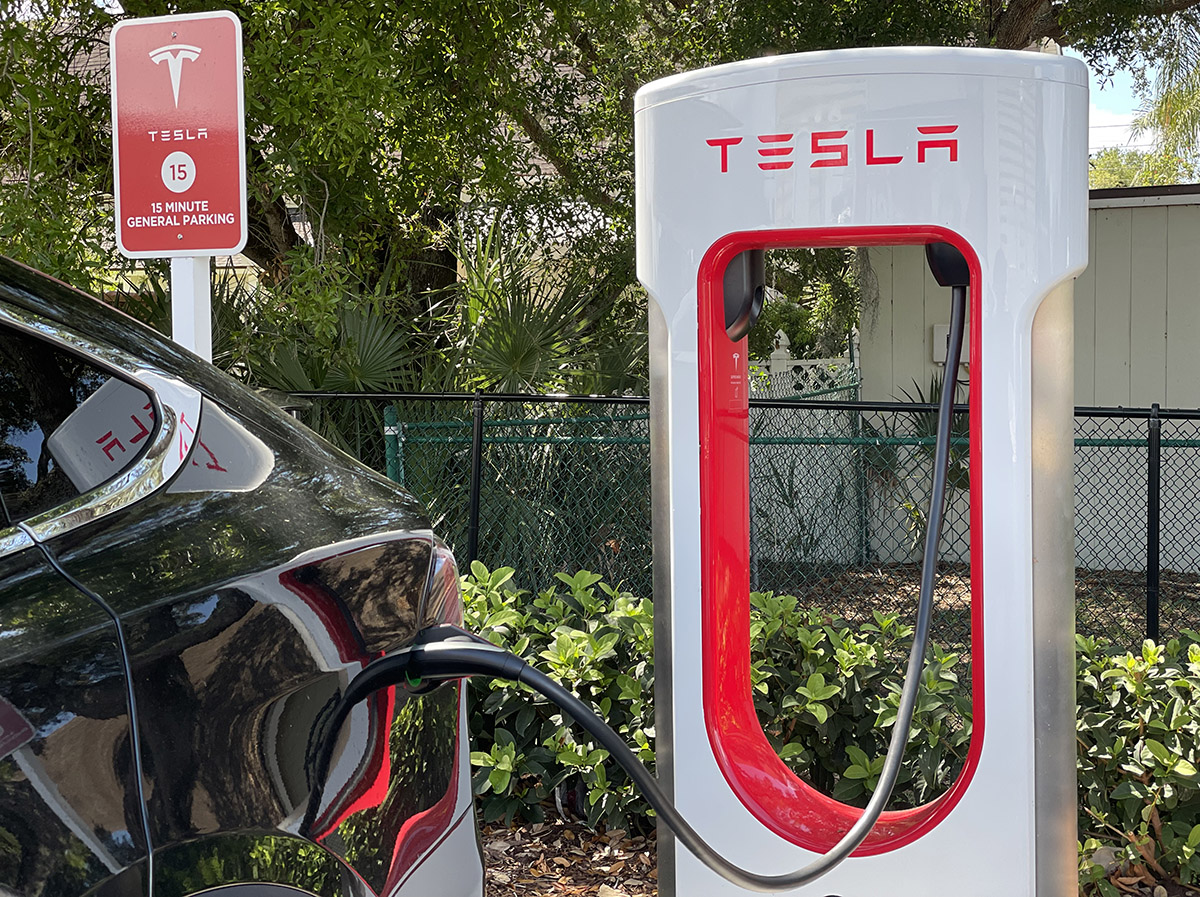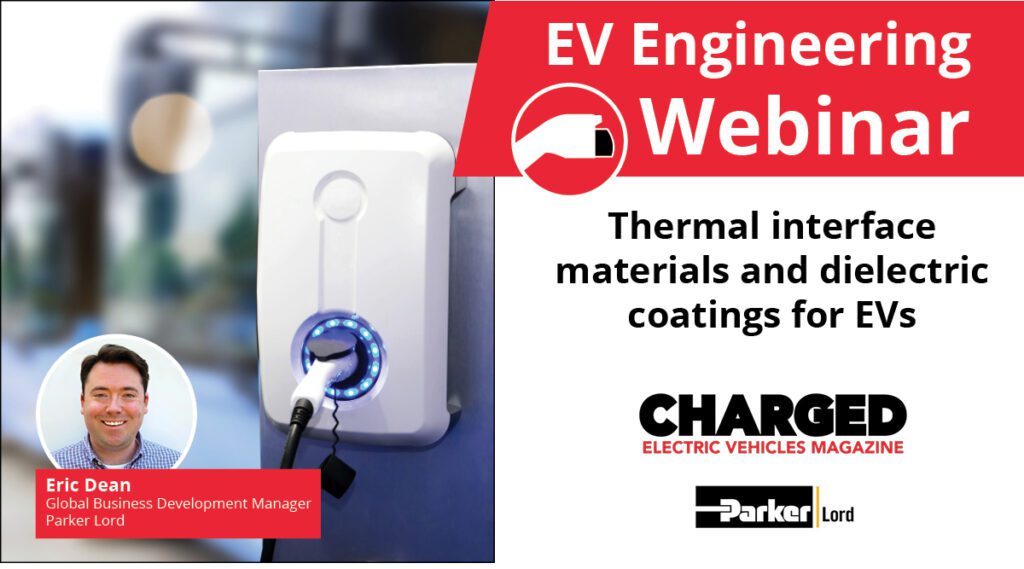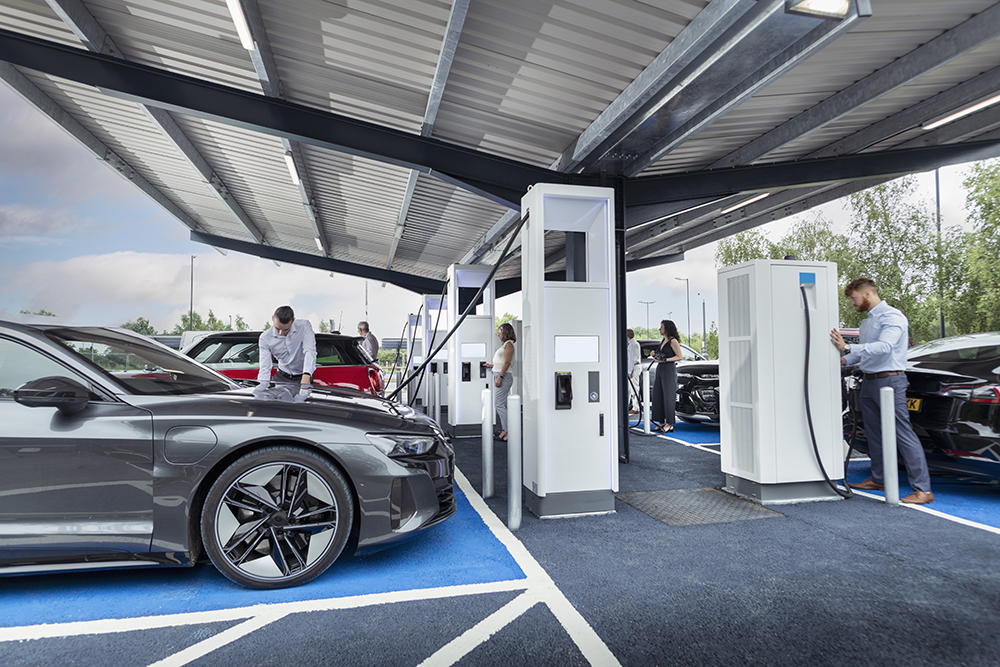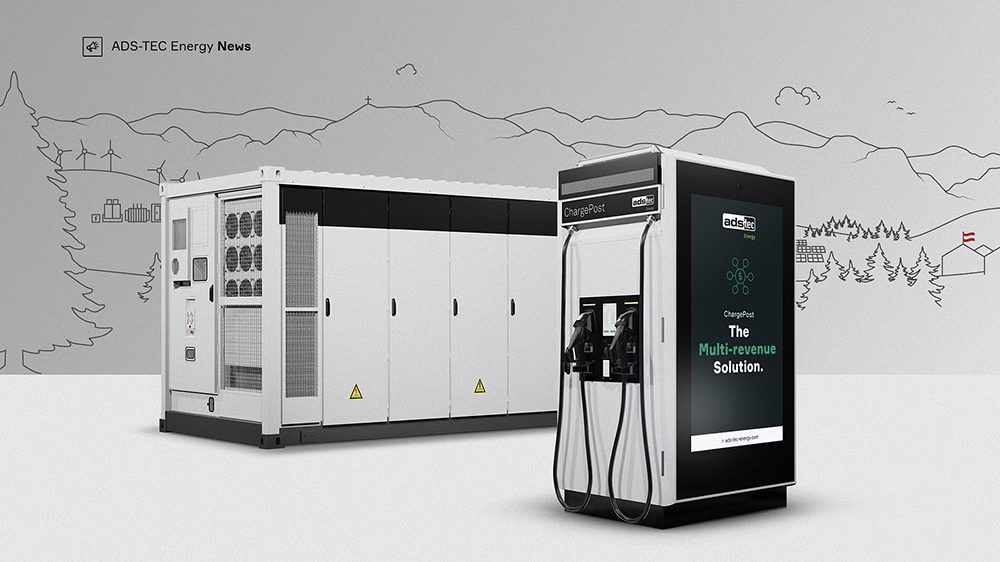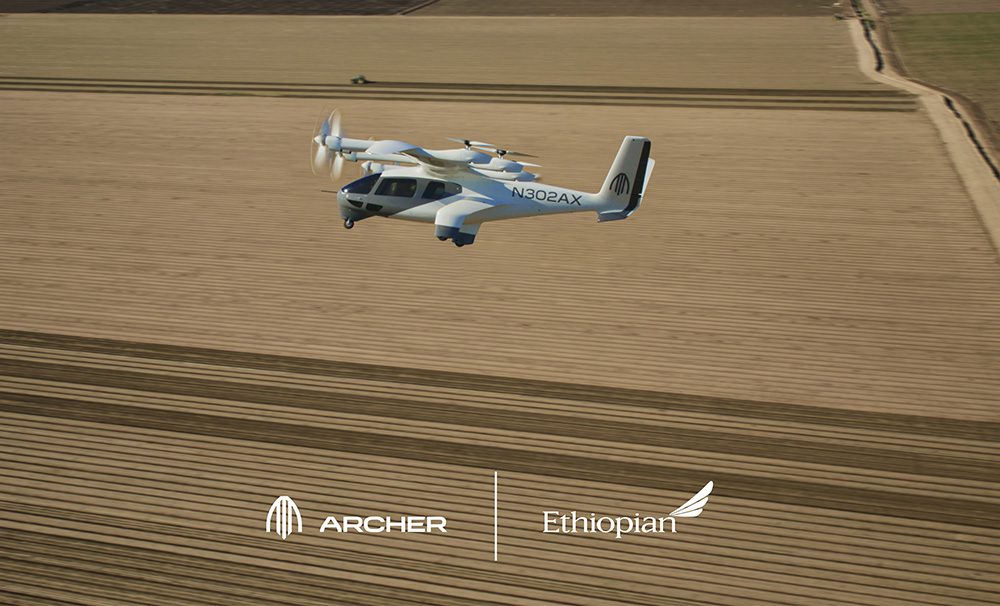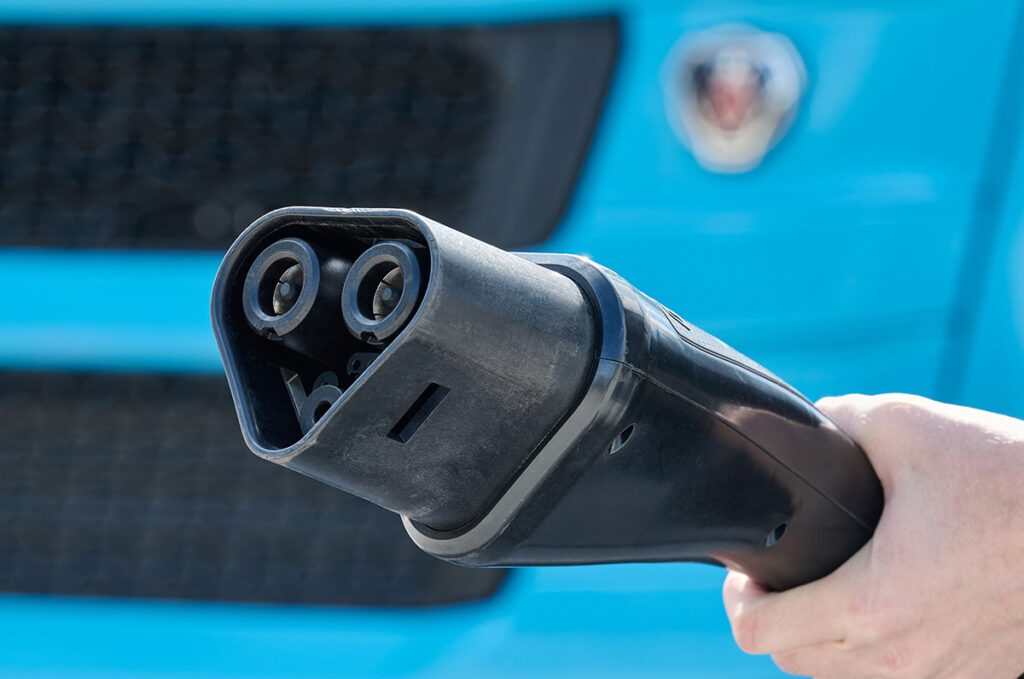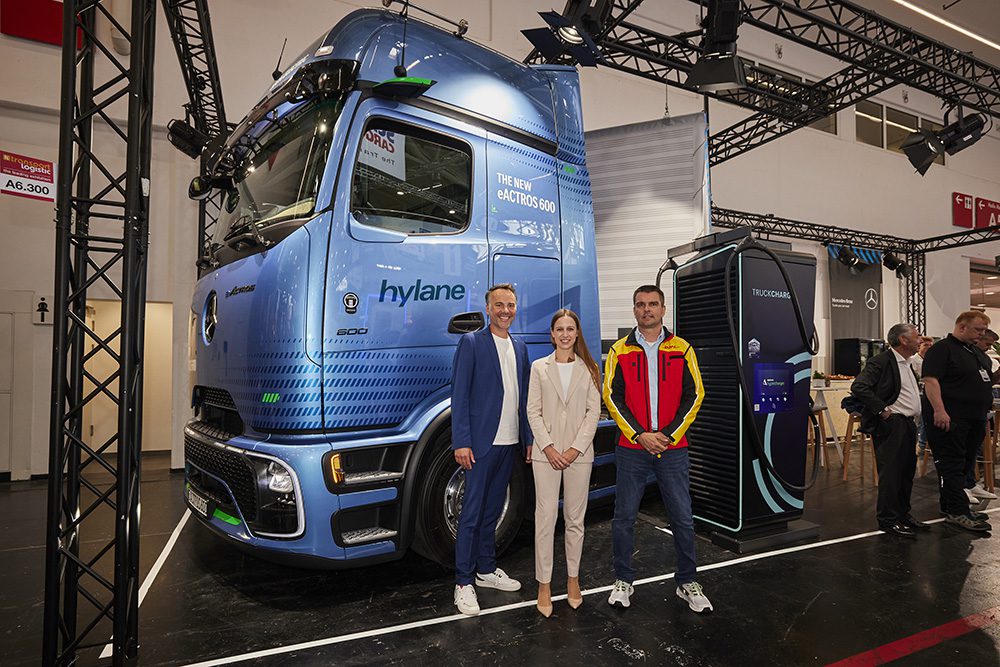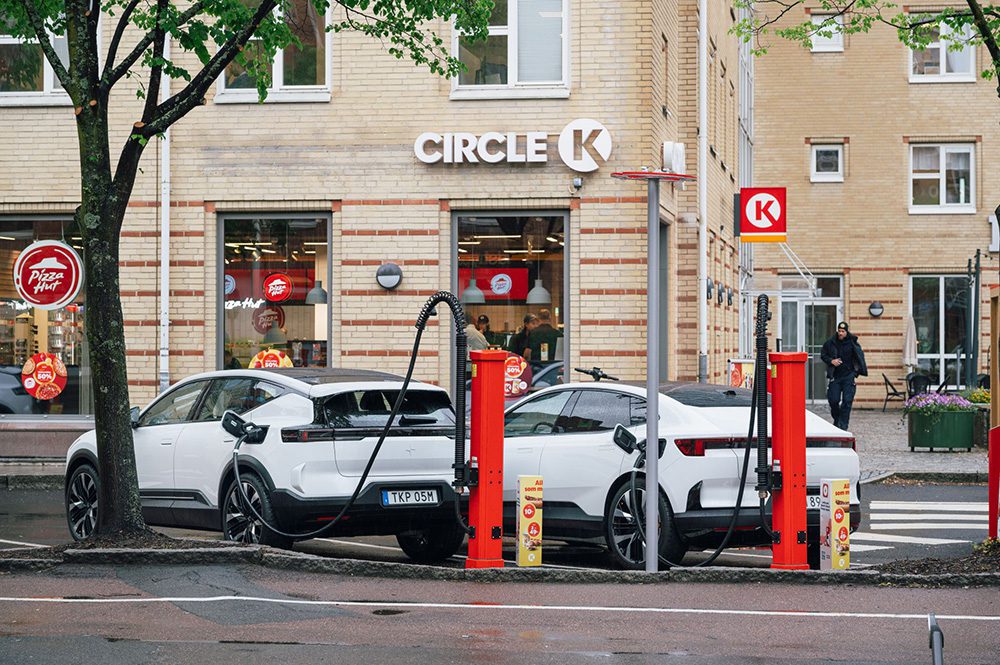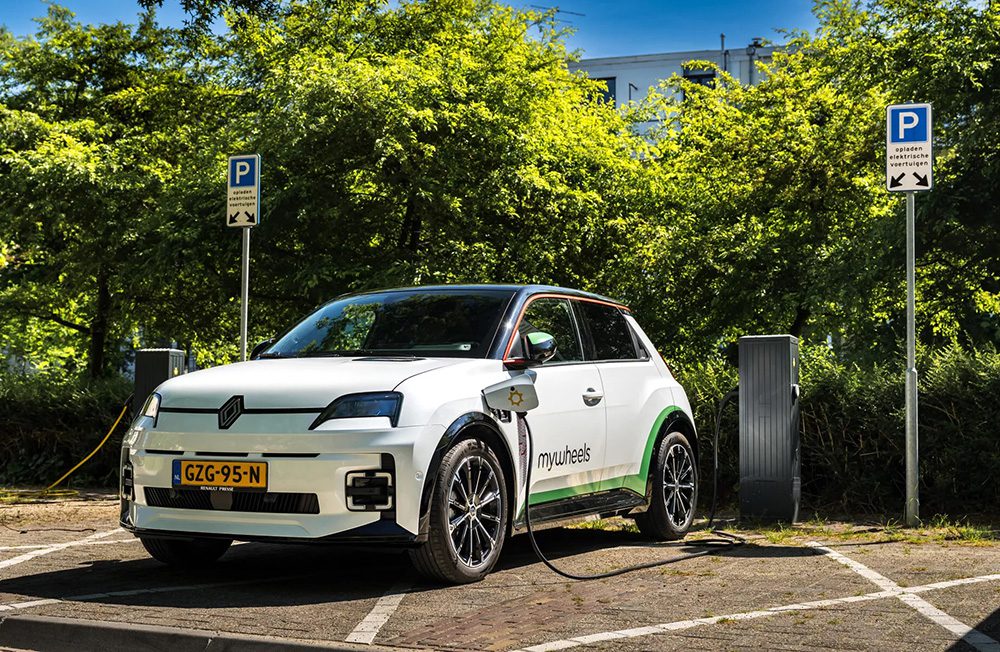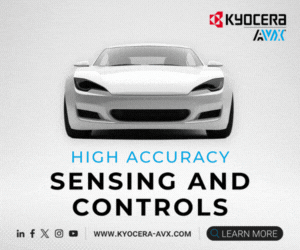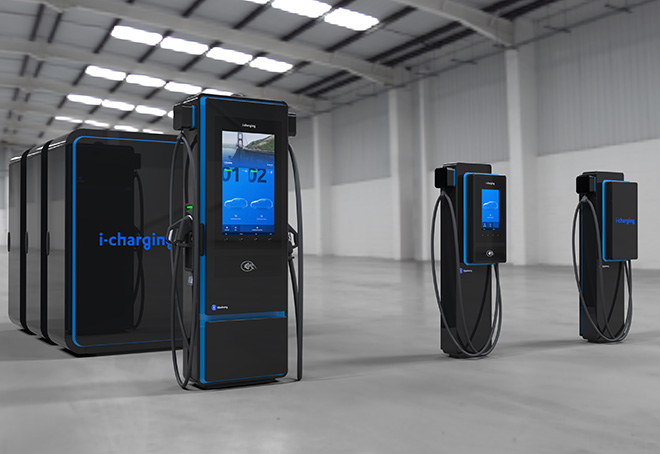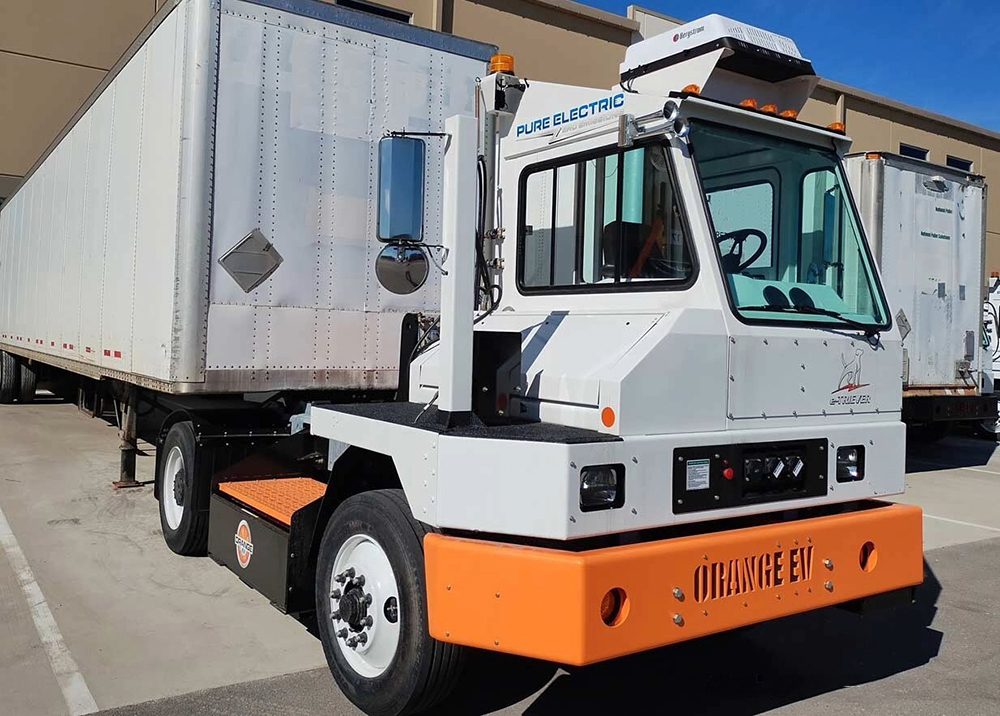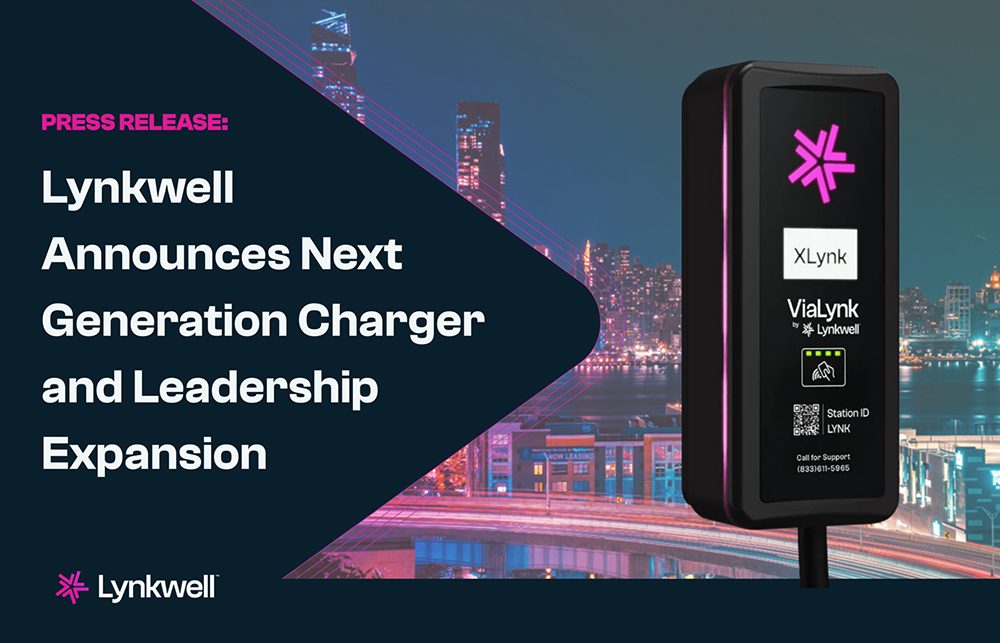Tesla has backed out of a deal under which the company would have received up to $6.4 million in subsidies for four huge Supercharger stations in California, due to a requirement that the chargers incorporate credit/debit card readers.
Tesla was awarded the funding last September through the California Energy Commission’s Clean Transportation Program Rural Electric Vehicle Charging program. The projects were to be a 56-charger site in Baker, two 100-charger sites in Willows and Barstow, and a sprawling site with 164 charging stalls in Coalinga.
However, Drive Tesla Canada reports that the automaker has told the CEC that it will not accept the funding. In a letter to the CEC, Jennifer Cohen, Tesla’s California Policy and Business Development Lead, wrote: “The [CEC] has been a great visionary in the expansion of EV charging infrastructure in California. Unfortunately, due to unnecessarily cumbersome payment infrastructure requirements, we are unable to utilize this award.”
Back in 2019, California lawmakers stirred up controversy with a proposal to require credit card readers on all public charging stations. The argument for the mandate was that it would make charging easier for consumers. Certainly it’s a major inconvenience for drivers to have to sign up for an account, download an app, etc, for every different charging network they wish to use. The arguments against the requirement: adding a card reader means adding expense and an additional point of failure; and card readers already seem like an old-fashioned technology.
Tesla’s Superchargers have never incorporated card readers, as authentication and payment happen automatically for Tesla drivers (and now, for non-Tesla drivers, through the Tesla app). The emerging Plug and Charge standard likewise handles authentication and payment automatically—once Plug and Charge is widely implemented, most drivers will have no need for apps, RFID keys or card readers.
Back in 2019, it appeared that CARB, the agency that enforces California’s Electric Vehicle Charging Stations Open Access Act, might require card readers to be installed on every public charger in the state. This hasn’t happened, but state funding programs have their own requirements. The CEC funding program requires that chargers support “multiple point-of-sale methods,” including credit or debit cards, in addition to mobile apps. (Funding programs in other states have similar requirements.)
Tesla apparently decided that the cost of adding card readers to its Superchargers outweighed the benefit of accepting the state funding. It remains to be seen whether the company will proceed with the four projects in question anyway.
What does Tesla’s refusal of the state funds mean for the charging industry? Well, some will say that it highlights the unreasonableness of requiring card readers on charging stations. Others will point out that there are numerous chargers available that do include card readers—some EVSE manufacturers tout their ability to support the full range of payment methods, as gas stations do.
Meanwhile, Tesla is extremely unlikely to stop deploying new Superchargers in California, and its refusal of the state’s 6 million presumably means that those funds will be available for some other company or companies to use.
Source: Drive Tesla Canada, Electrek






